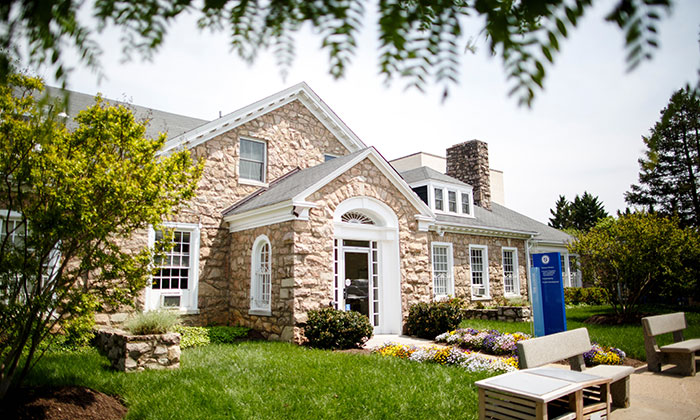Deciding what college to attend can be daunting — deciding whether to attend a private school or a public one can be that much more difficult. Private schools tend to focus on developing curriculum and academic standards that are unique to its mission, while many public schools have to abide by the specific curriculum and academic experiences required by the state. There are most definitely advantages and disadvantages to attending both private and public schools. That being said, there are several myths out there surrounding private schools — particularly small private schools — that can be refuted.
Myth 1: Big schools offer more opportunities than small schools
There are good reasons to consider a public education, such as generally lower tuition costs and an easier time funding renowned professors and facilities due to government aid. But private schools do have certain advantages over public institutions. Private schools, for instance, typically have much smaller classes, and this allows for more individual attention from the professor. This more intimate setting aids in the overall learning experience for the student, and gives them more opportunities to better know the professor. Having a good rapport with your professor makes it easier to acquire letters of recommendation, or even receive helpful advice before and after graduation. Alumni networks at private schools also tend to be stronger and more involved than at public schools. And, private schools come with a certain prestige — since admission to a private school often requires a more in-depth, personalized and rigorous process, future employers and higher education programs are more likely to take a second look at you.
Myth 2: Private schools are unaffordable
One of the most common misconceptions about private schools is that they are overwhelmingly expensive and, therefore, unaffordable. While these institutions can be costly, they also provide a range of financial aid resources for students. It’s also important to know that the “sticker price” of a school is often very different than what you actually end up paying — just because a school says it costs 20,000 a year doesn’t mean you will actually pay 20,000 a year. Private schools offer university-sponsored scholarships, and the likelihood of being granted scholarships is higher because students are competing with a smaller pool of applicants. In addition to scholarships, many private schools offer other generous financial aid packages to qualified students.
Myth 3: Private schools are exclusive
The National Association of Independent Colleges and Universities provides an overview of the 5.2 million students with diverse ethnic, racial and socioeconomic backgrounds enrolled at private colleges across the country. These institutions consistently outpace public institutions in terms of impactful experiences, which include service learning, internships, research with faculty, study abroad and the overall learning community on campus. The majority of private schools, like Marymount University, celebrate diversity and seek to develop students academically, professionally and personally to the greatest potential possible.
Do your homework before you make assumptions
Research the school’s blog, subscribe to the university’s email newsletter and browse the school’s social media networks for anecdotal accounts and visuals of what the campus life and academic experience is really like. Personal, campus, group and overnight visits are often offered by private schools for an inside perspective of the university experience. Consult the school’s own calendar of events for helpful resources including virtual campus tours, dates for information sessions and online live chats regarding financial aid.
In conclusion, start your college search with an open mind. Don’t immediately write off private schools for any of these reasons — before jumping to conclusions, engage with various private universities and explore the possibility that a more intimate college environment might be exactly what you need to not just survive, but thrive, in your college years.





